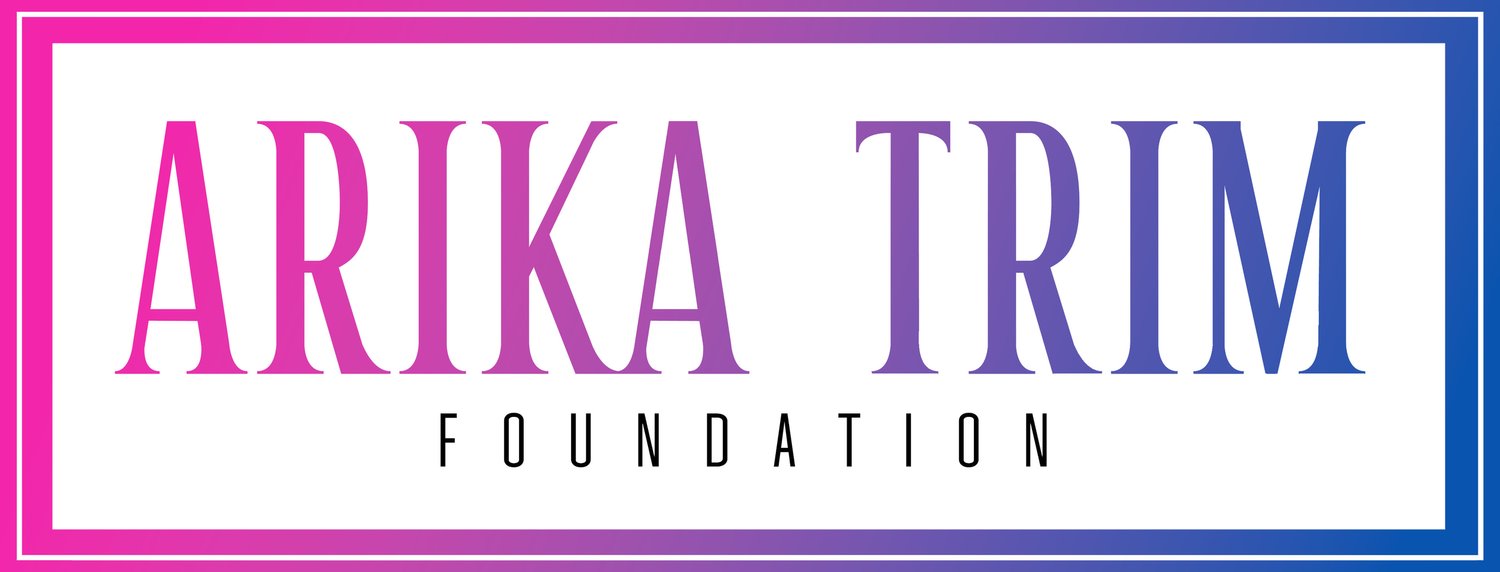The Long Road Home: Why Postpartum Care Can’t End at Discharge
What Every Black Mother Should Know About Preeclampsia and Postpartum Hypertension
Giving birth is often portrayed as the finish line. But for many women — especially Black women — the real journey begins after they leave the hospital.
In truth, postpartum recovery is not a single moment but a critical window of weeks and months. It’s a period filled with emotional, physical, and hormonal shifts. And when care stops at discharge, the consequences can be deadly.
At the Arika Trim Foundation, we believe postpartum care is just as important as prenatal care — and we’re working to close the gap that too many mothers fall through.
The Postpartum Gap: One Visit Is Not Enough
Under current U.S. healthcare standards, the typical postpartum patient gets just one follow-up visit — usually around 6 weeks after delivery.
But complications don’t wait until the 6-week mark. In fact, 1 in 3 maternal deaths occur during the postpartum period — and many happen within the first 7–10 days after childbirth.
For Black women, the stakes are even higher. According to the CDC, Black mothers are 2–3 times more likely to die from pregnancy-related causes than white women. This isn’t due to biology. It’s the result of bias, delayed diagnoses, and dismissed symptoms.
⚠️ Know the Warning Signs: Preeclampsia & Postpartum Hypertension
One of the leading causes of maternal death is hypertensive disorders, including preeclampsia and postpartum hypertension — conditions that can silently spiral into seizures, strokes, or heart failure if not recognized and treated early.
What is postpartum hypertension?
Postpartum hypertension occurs when a mother develops high blood pressure after giving birth, even if her pregnancy and delivery were normal.
🚨 Key warning signs include:
Swelling in the hands, face, or legs that worsens after birth
Persistent headaches
Vision changes (blurry vision, seeing spots or flashing lights)
Sudden weight gain
Chest pain or shortness of breath
Upper abdominal pain (especially under the ribs on the right side)
High blood pressure (over 140/90)
If you experience any of these symptoms:
Seek medical help immediately. You do not have to wait until your 6-week checkup.
💬 “I Knew Something Was Wrong. They Didn’t Listen.”
Too often, Black mothers report that their pain, fatigue, or swelling is downplayed or ignored. Even women with medical degrees — like Dr. Jonisha Brown, whose story we recently featured — have been told their life-threatening symptoms are “just stress” or “a panic attack.”
These experiences aren't isolated — they are systemic. That’s why we’re raising awareness, educating families, and insisting on follow-up care as a right, not a luxury.
What Every New Mom Deserves After Birth
Real postpartum care includes:
✅ Blood pressure monitoring at home and in-office
✅ Mental health screenings for postpartum depression and anxiety
✅ Lactation support
✅ Clear education on danger signs
✅ Access to doulas, midwives, and culturally competent providers
✅ Scheduled follow-ups before the 6-week mark — ideally within 1–2 weeks
What You Can Do Today
Track your blood pressure at home if possible, especially if you had high BP during pregnancy
Speak up — your voice matters. Bring a loved one to advocate with you at appointments
Know your body — trust your instincts if something feels wrong
Push for earlier follow-ups — ask your doctor to schedule sooner check-ins
Share this information — you could save a life
💜 You Deserve More Than Survival — You Deserve to Heal
The road to recovery after childbirth is long, especially for Black mothers navigating systemic barriers and bias. But you are not alone — and your wellness is worth fighting for.
At the Arika Trim Foundation, we’re working to make sure that postpartum care doesn’t end at discharge — and maternal health doesn’t end with delivery.
Help Us Make a Difference
Every day, we advocate for birth equity, educate families, and support Black mothers navigating high-risk pregnancies and postpartum complications.
If this mission speaks to you, we invite you to join us.
🔗 Make a Donation Today
Your support helps us provide life-saving education, community outreach, and resources to mothers who need them most.
Because every mother deserves to come home — and stay home — healthy and whole.
Donate here: https://shorturl.at/zz7fI






